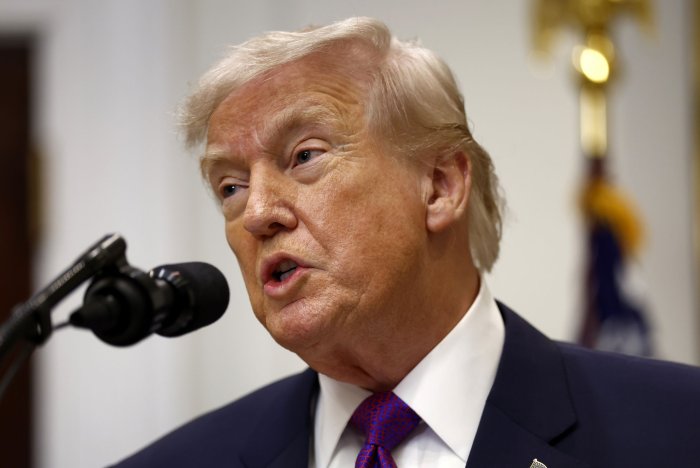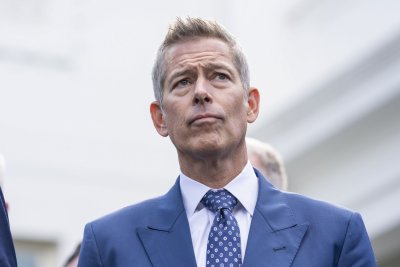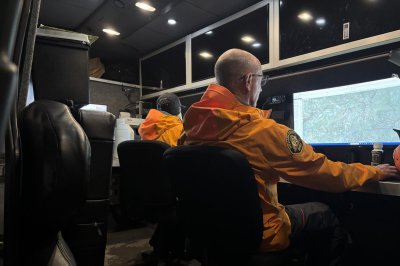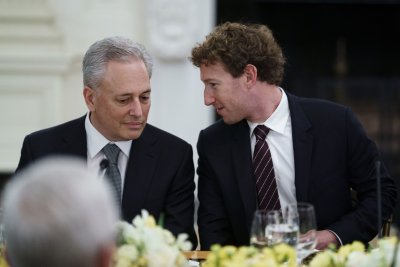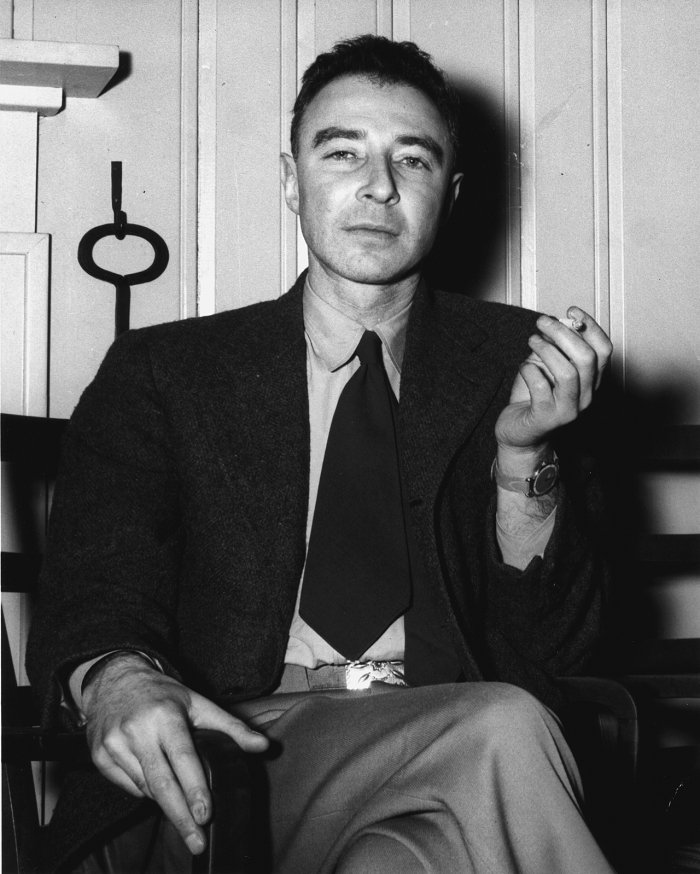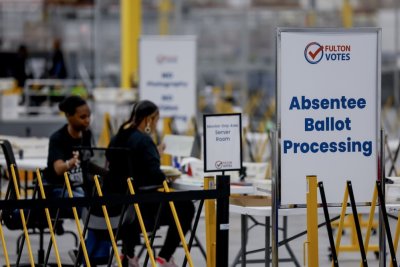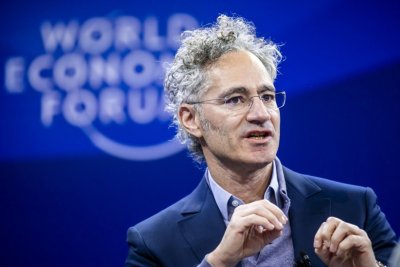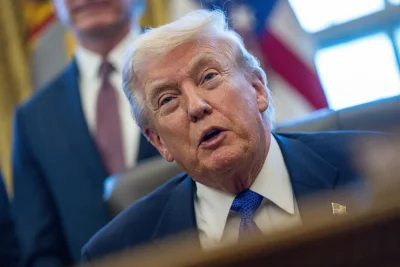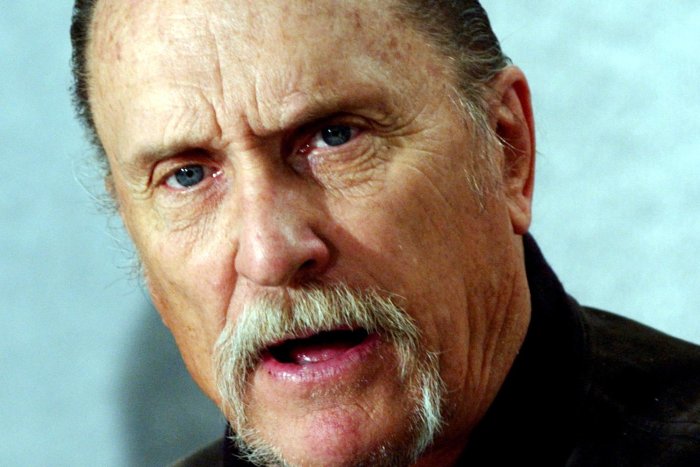U.S. forces move on Iran as Trump weighs military strike
Feb. 19 (UPI) — The United States has put military forces in place in the Middle East for a potential strike on Iran but President Donald Trump has not decided whether to attack or continue negotiations on Thursday.
A strike could occur as early as this weekend, with naval and air forces quickly coming into place. National security officials met in the Situation Room on Wednesday to discuss courses of action against Iran.
U.S. armed forces have been assembling in the Middle East in recent weeks as the United States and Iran have negotiated a scaling back of Iran’s nuclear program. The latest conversations took place in Geneva on Tuesday, sans Trump who said he would be involved “indirectly.”
The negotiations between the United States and Iran ended without a resolution on Tuesday. Trump has called for Iran to end its nuclear program.
Iranian officials said they agreed with U.S. negotiators on a “set of guiding principles.” White House press secretary Karoline Leavitt said to expect more details about these negotiations to come forward in the weeks to come. She did not say whether Trump would take action before that happens.
“I’m not going to set deadlines on behalf of the president of the United States,” she said.
In recent weeks, the United States has moved warships to the Indian Ocean while Trump warned Iran over the killings and detainments of thousands of protesters against the Iranian regime.
Israeli Prime Minister Benjamin Netanyahu has an interest in Iran drawing down its missile capabilities as well. Israeli forces have been on alert over the possibility of an open conflict as tensions have continued to heighten.
Secretary of State Marco Rubio is slated to meet with Netanyahu in Israel on Feb. 28, to provide an update on the negotiations with Iran.
The United States launched strikes against Iranian nuclear facilities in June, causing what Iranian officials called “serious and significant damage.”
